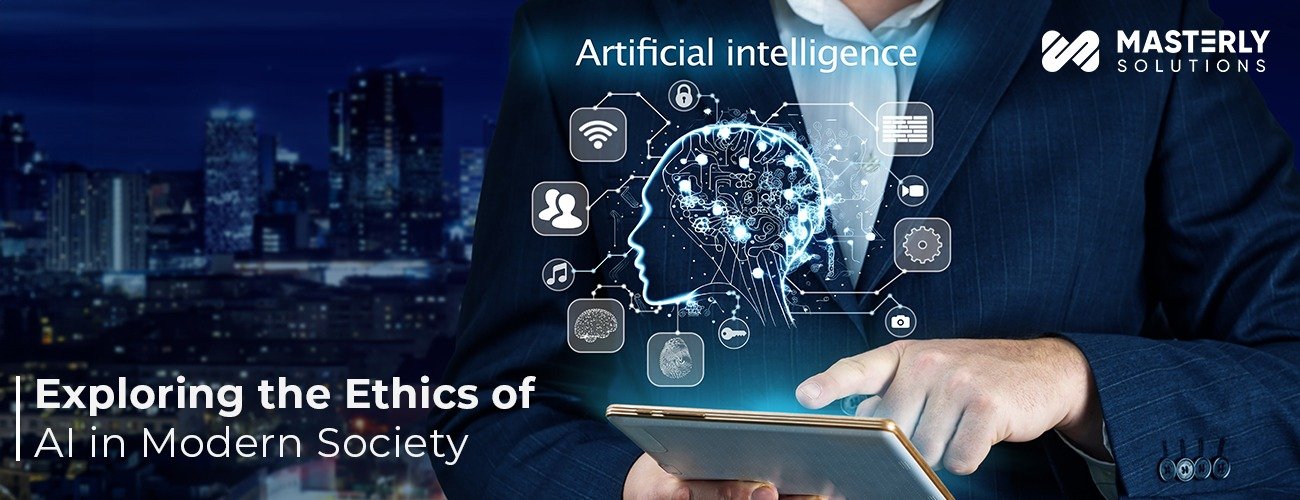
Artificial Intelligence (AI) has rapidly become an integral part of our daily lives, revolutionizing industries and shaping the way we interact with technology. As AI continues to advance, it brings forth a myriad of ethical considerations that must be carefully examined. In this blog post, we delve into the ethical dimensions of AI in modern society, addressing key concerns and proposing potential solutions.
Ethical Considerations in AI Development
1. Bias and Fairness
One of the primary ethical challenges in AI is the presence of bias in algorithms. Machine learning models are trained on historical data, and if this data contains biases, the AI system can perpetuate and even exacerbate these biases. To address this, developers must prioritize fairness by employing diverse datasets and implementing bias mitigation techniques.
2. Transparency
The opaque nature of some AI models raises concerns about transparency. Understanding how an AI system arrives at a decision is crucial, especially in sensitive domains such as healthcare or finance. Encouraging transparency in AI algorithms involves providing clear explanations for model outputs and making the decision-making process more interpretable.
3. Privacy Concerns
AI often involves processing vast amounts of personal data, leading to privacy issues. Striking a balance between utilizing data for improving AI performance and respecting user privacy is essential. Implementing robust data anonymization and encryption techniques can help mitigate privacy concerns.
AI in Decision-Making Processes
1. Autonomy and Accountability
As AI systems become more autonomous, questions arise about who is accountable for their decisions. Establishing a framework for assigning responsibility is crucial. Developers need to ensure that AI systems are designed with clear lines of accountability, and mechanisms for identifying and rectifying errors must be in place.
2. Job Displacement and Economic Impact
The widespread adoption of AI technologies has raised concerns about job displacement and its economic implications. Ethical AI development involves considering the social consequences and implementing strategies for retraining and upskilling the workforce to adapt to the changing job landscape.
Addressing Ethical Concerns: A Holistic Approach
1. Ethical AI Frameworks
Developing ethical AI requires a comprehensive framework that guides the entire development process. This includes ethical considerations at each stage, from data collection to model deployment. Organizations should adopt and adhere to established ethical guidelines, such as those outlined by the IEEE or the Partnership on AI.
2. Collaboration and Diversity
A diverse and collaborative approach is essential for addressing ethical concerns in AI. Including perspectives from various backgrounds helps in identifying and mitigating biases. Cross-disciplinary collaboration between technologists, ethicists, policymakers, and other stakeholders is crucial for a holistic perspective.
Conclusion
As AI continues to evolve, a proactive approach to ethical considerations is imperative. By prioritizing fairness, transparency, and accountability, developers can contribute to the responsible development and deployment of AI technologies. The ethical exploration of AI in modern society is an ongoing process, requiring continuous dialogue and collaboration to ensure a positive and inclusive impact on humanity.
